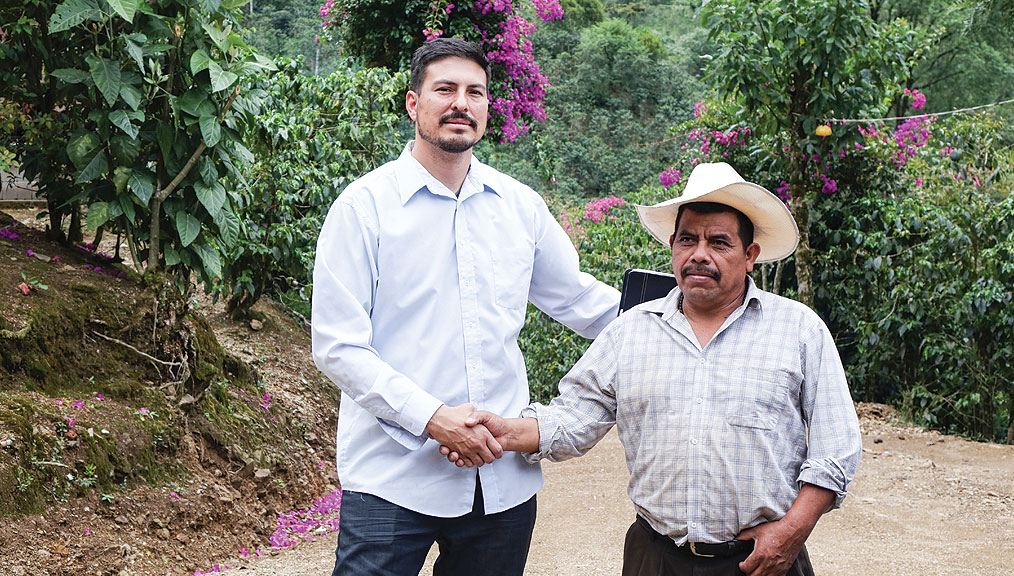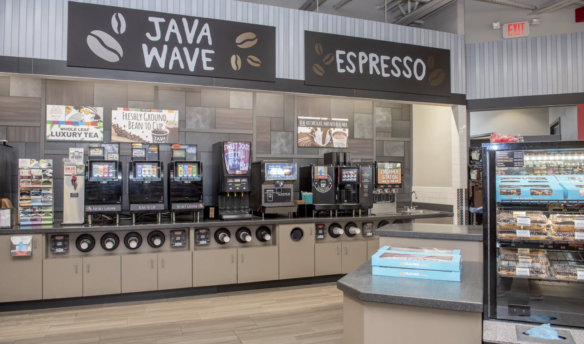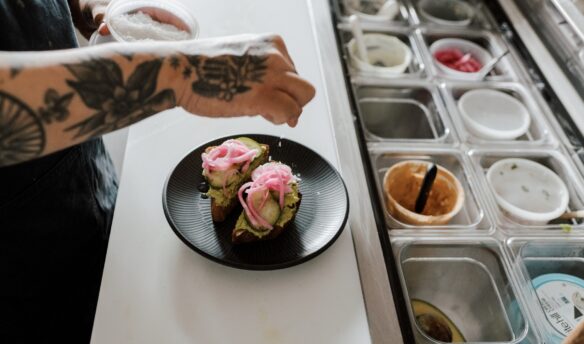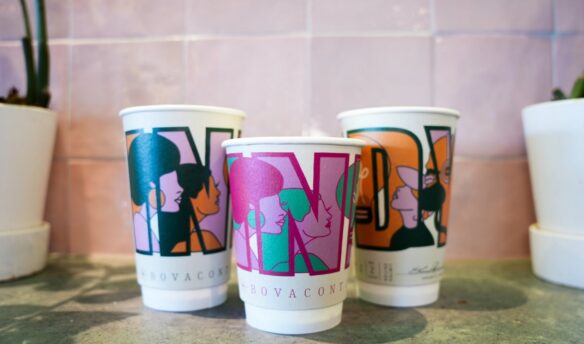[I]t’s an exciting time for what we’re doing with honey,” Edwin Martinez, CEO of Onyx Coffee says. Martinez is the founder of Coffee Blossom Honey, the first fully traceable micro-lot, farm-direct, raw coffee flower honey.
Martinez explains that the timing is right for products with a transparent supply chain. As consumers better understand how products are processed and how they affect the ecosystems of where they’re produced, there’s been a shift toward improved education and awareness around consuming behaviors.
The honey sells in twelve-ounce jars, and can be seen adorning the shelves of roaster-retailers around the country.
Though Coffee Blossom Honey has found a fitting home in the specialty coffee community, it was a long road to get the product on roaster’s shelves.
The project started during lunch on a neighboring coffee farm in Huehuetenango, Guatemala. Martinez and his neighbors (a farm twenty to thirty kilometers away) were hosting coffee roasters from the United States, and served coffee flower honey as a dessert. The honey’s stellar quality was apparent, and ignited conversation around the logistics of importing the honey to US consumers.
Martinez bought one barrel from Finca El Apiario, the farm of neighbor Jorge Mendez, but was unable to export it. At the time, there were fewer than twenty honey exporters in Guatemala and it was difficult to get export approval. He returned the paid-for barrel of honey to Mendez and started laying groundwork to launch Coffee Blossom Honey.
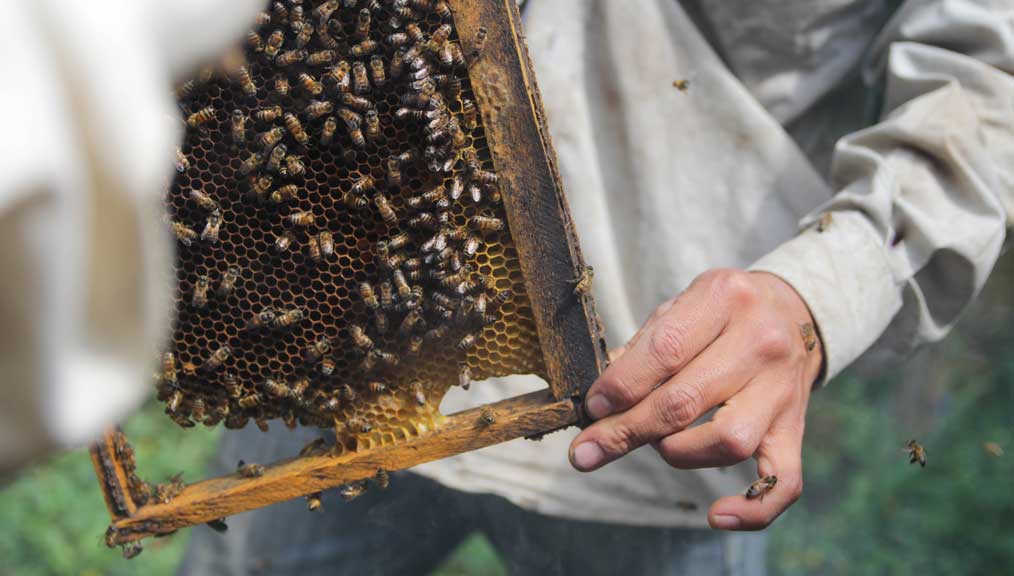
Martinez began sharing the honey with his friends and colleagues in the roasting business (checking suitcases full of honey on trips back to the United States), and inviting them to visit the farms where the honey was being produced. The response was overwhelmingly positive—roasters were eager to add the product to their lineup.
Now, Martinez and his team have solved exporting logistics; they have a reliable path from the farms where bees are kept to the United States. “We’re working in the context of what we’re already doing,” he says. They’ve intentionally focused attention on their roasting partners, keeping a tight circle within the roasting community and highlighting the honey’s coffee connection.
—Rachel Sandstrom Morrison is Fresh Cup‘s associate editor.



